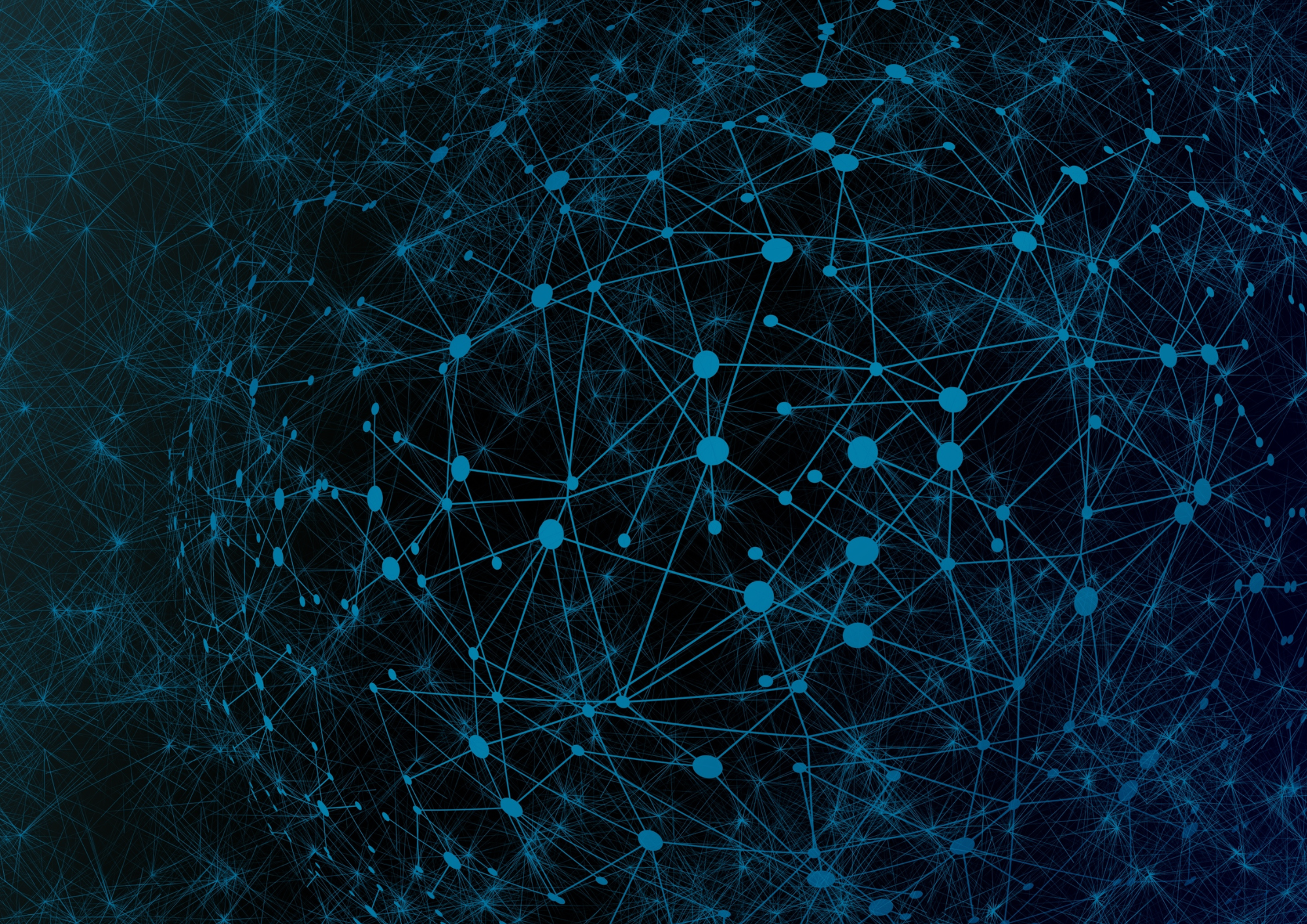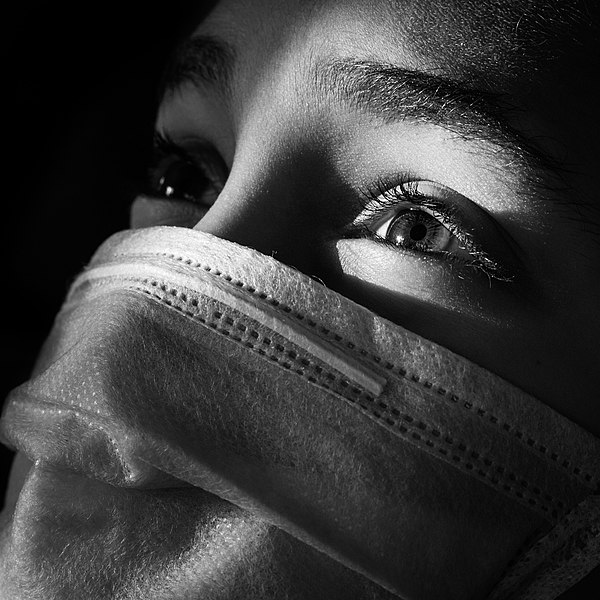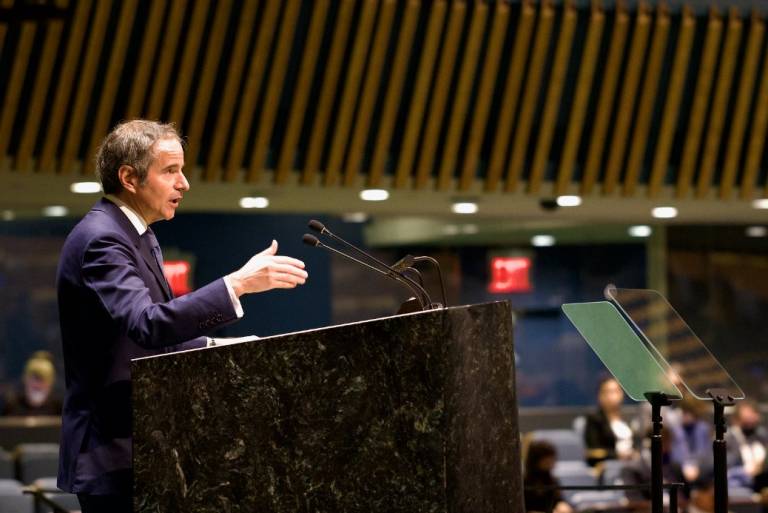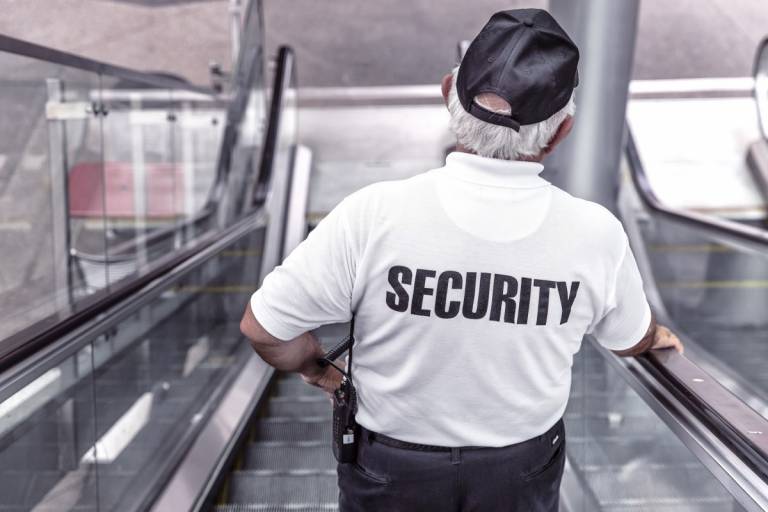Student Blog by Emma Fuchs*
Do you remember the times when you didn’t think twice about traveling and being crammed in an airplane? When you hugged all your friends and even acquaintances and shared drinks with them? Or when you grabbed the handle on the bus without hesitation? And most importantly, do you remember the time when someone next to you was coughing, and you didn’t look at them suspiciously and inch further away from them?
Yes, the good old times before the COVID-19 pandemic, when shaking hands was a standard, and wearing masks in public transport and spaces was not globally shared custom. At the beginning of 2020, nobody knew how much this global health threat would impact our everyday lives and just how long this pandemic would last. Now, almost two years later, the fourth (or fifth, depending on where you live) wave of the pandemic is happening, and we are at the brink of yet another lockdown due to the looming Omicron variant.
When the first restrictions on public life were introduced in early March 2020, it slowly became clear that this is not a crisis societies can look at as outsiders; each individual became an important actor who can influence on stopping the pandemic from spreading. Strong’s model (1990) outlines the dynamics of how people respond to a new disease: fear (i.e., of shaking hands), explanations (i.e., is it dangerous?), and action (i.e., travel restrictions). Realizing that everyone, including yourself, is a potential health threat is a lot to take in and can go two ways; it can lead to solidarity or the opposite, fragmenting society even more (Grasso et al., 2021).
I remember becoming more and more suspicious of others and being in many arguments with my younger brother because he was not as scared as I was. He still wanted to meet up with friends when the regulations weren’t as strict, while I feared that any contact with another person would lead to contagion. This is how I slowly alienated myself from society; I started distrusting people and feeling anxiety due to any social contact I had. I was not the only one: a study in Germany (Gerhold, 2020) showed that less than 10% of the respondents felt safe in stores, restaurants, or public transport.
Other studies also show that the pandemic and its resulting regulations caused a rise in psychological problems, especially anxiety and depression (Grasso et al., 2021). The study also emphasizes that social distancing and quarantining severely impact mental health since social support and physical contact are essential to nurture resilience and bounce back to a “normal” lifestyle.
The lack of trust does not only refer to individuals but can extend to a lack of trust in the government and its decisions. Of course, not everyone agrees with the regulations put into place to stop the further spread of the virus. Germany is a good example that showcases how this distrust towards public institutions can fracture/fragment society. In mid-2020, a movement of people called “Querdenker” (lateral thinkers) emerged. They deny the existence of Corona and protest against any regulations related to it and vaccinations (Pfaff, Neumayer, & Plümper, 2021).
Only recently, a cashier at a petrol station refusing to serve a customer who was not wearing a mask was shot. The next day, the shooter turned himself in and admitted the killing was motivated by his opposition to the coronavirus measures, trying to set an example (Baumgärtner et al., 2021). These escalations are quite worrisome and spread further fear and distrust within society.
Even now, after vaccinations were introduced and public life is slowly getting back to normal here in Finland where I’m studying, I still feel uncomfortable in many situations. When I sit next to someone at university who coughs, I wonder if I should call them out. I also wear masks even though they are not mandatory anymore and try to avoid crowded places. Although this is not the case for everyone, uncertainty over the overall situation with the pandemic still affects a wide range of society.
Because of that, it cannot be merely considered a problem individuals face but perhaps as a new form of collective identity of anxiety and alienation. Grasso et al. (2021, 23) argue that if the pandemic continues much longer, “not only our individual lifestyles but also societal culture in wider terms” will transform drastically. But hasn’t our culture and customs already changed, and can even return back to where we were in 2019?
* This student blog post has been done as part of the course SAFER.SG.310 Societal Security: Contemporary Challenges in the Masters Degree Programme in Security and Safety Management (SAFER) in fall 2021.
References
Baumgärtner, M., Diehl, J., Großekemper, T., Höfner, R., Hoppenstedt, M., Lehberger, R., & Wiedmann-Schmidt, W. (2021). “German officials fear increase in pandemic-fueled radicalism in wake of murder”, Spiegel International. September 24, 2021. Retrieved from https://www.spiegel.de/international/germany/german-officials-fear-increase-in-pandemic-fueled-radicalism-in-wake-of-murder-a-fb10ad97-3a86-4c82-ae6f-51f3fa6e70e2
Gerhold, L. (2020). COVID-19: Risk perception and coping strategies. Preprint, Freie Universität Berlin. Available at https://doi.org/10.31234/osf.io/xmpk4.
Grasso, M., Klicperová-Baker, M., Koos, S., Kosyakova, Y., Petrillo, A., & Vlase, I. (2021). “The impact of the coronavirus crisis on European societies. What have we learnt and where do we go from here? – Introduction to the COVID volume”, European Societies, 23(S1), S2–S32. Available at https://doi.org/10.1080/14616696.2020.1869283.
Pfaff, K., Neumayer, E., & Plümper, T. (2021). “Querdenken: The German anti-lockdown movement that thrives on public distrust”, LSE COVID-19 Blog. September 29, 2021. Retrieved from https://blogs.lse.ac.uk/covid19/2021/09/29/querdenken-the-german-anti-lockdown-movement-that-thrives-on-public-distrust/
Strong, P. (1990). “Epidemic psychology: a model”, Sociology of Health & Illness, 12(3), 249–259. Available at https://doi.org/10.1111/1467-9566.ep11347150.





